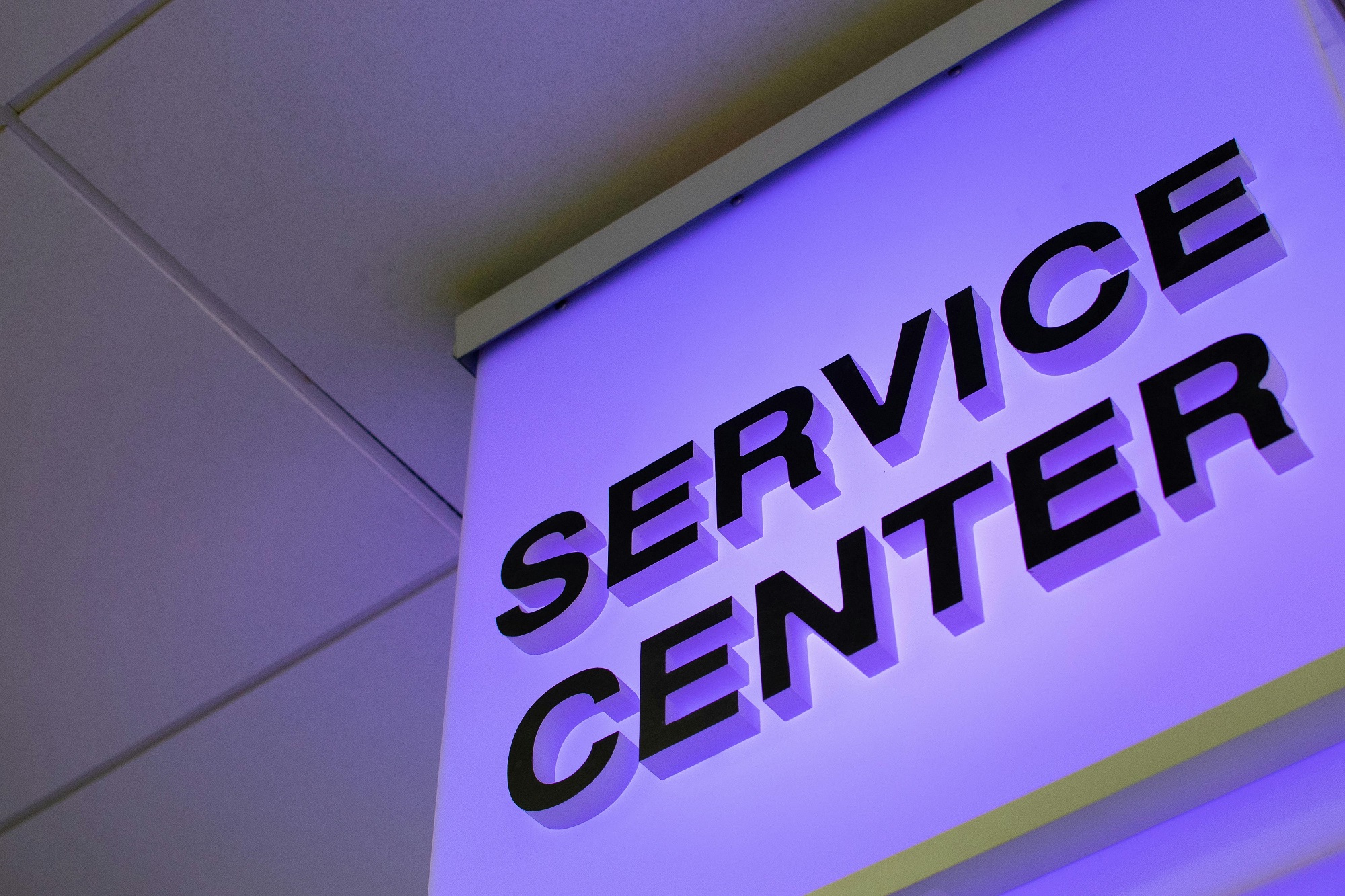In today’s digital landscape, where data breaches and privacy concerns are on the rise, customers demand transparency and security from every organization they interact with. Call centers, which handle sensitive customer information daily, must prioritize data security and privacy. One way to showcase commitment to these values is by achieving SOC 2 compliance.
If you’re a part of the call center industry or considering outsourcing to call center services, understanding SOC 2 compliance is essential. In this guide, we’ll break down what SOC 2 compliance is, why it matters, and how it applies to Call Centre Services.
What Is SOC 2 Compliance?
SOC 2 (System and Organization Controls 2) is a framework developed by the American Institute of Certified Public Accountants (AICPA) that outlines standards for managing customer data based on five trust service criteria:
- Security – Protecting systems against unauthorized access.
- Availability – Ensuring systems operate as agreed or expected.
- Processing Integrity – Guaranteeing system processes are complete, valid, and accurate.
- Confidentiality – Securing confidential information against unauthorized disclosure.
- Privacy – Safeguarding personal data according to recognized privacy principles.
SOC 2 compliance is especially relevant for call centers because they often store, process, or transmit sensitive customer data.
Why Is SOC 2 Compliance Important for Call Centers?
For call centers and call center services providers, SOC 2 compliance is more than just a badge of honor—it’s a business necessity. Here’s why:
- Builds Trust with Clients
Customers entrust call centers with their personal, financial, and sometimes medical information. SOC 2 compliance assures them that robust systems are in place to protect this data. - Minimizes Risks of Data Breaches
Non-compliance can leave a call center vulnerable to cyberattacks and data breaches. SOC 2 compliance involves implementing stringent security measures to mitigate these risks. - Ensures Legal and Industry Standards
Many industries, like healthcare and finance, have specific data protection regulations. Achieving SOC 2 compliance can align your call center with these standards, making it easier to serve regulated industries. - Enhances Reputation
Being SOC 2 compliant differentiates your call center services from competitors, demonstrating your commitment to quality and security.
Steps to Achieve SOC 2 Compliance
While achieving SOC 2 compliance can seem daunting, breaking the process into manageable steps makes it more achievable.
- Understand the Trust Service Criteria
Start by identifying which of the five trust service criteria apply to your call center services. For most call centers, the focus is typically on security, confidentiality, and privacy.
- Perform a Readiness Assessment
A readiness assessment involves reviewing your current systems, policies, and procedures to identify gaps in compliance. Many call centers choose to work with consultants who specialize in SOC 2 compliance to guide this process.
- Implement Necessary Controls
Based on your readiness assessment, implement the required technical and administrative controls. Examples include:
- Encrypting customer data.
- Using multi-factor authentication for system access.
- Regularly training employees on data security best practices.
- Document Policies and Procedures
A significant part of SOC 2 compliance is documentation. Ensure you have detailed policies for data handling, access control, incident response, and more.
- Conduct an Audit
Engage a certified public accountant (CPA) or third-party auditor to evaluate your systems and provide a SOC 2 report. Depending on your needs, this may be a Type I audit (evaluating systems at a single point in time) or a Type II audit (evaluating systems over a period of time).
- Maintain Continuous Compliance
SOC 2 compliance isn’t a one-time effort. Regularly review and update your processes to keep up with evolving security threats and standards.
Also Read: Top Reasons To Make The Switch To Cloud Telephony
SOC 2 Compliance Challenges for Call Centers
While the benefits of SOC 2 compliance are clear, call centers may face challenges during the process:
- Resource Constraints: Implementing compliance measures can require financial and human resources.
- Employee Training: Ensuring staff adhere to security protocols requires ongoing training.
- Complexity of Operations: Call centers often handle data from multiple clients, each with unique security requirements.
Partnering with a provider of compliant call center services can help overcome these challenges while ensuring high-quality customer interactions.
How to Choose SOC 2 Compliant Call Center Services?
If you’re a business looking to outsource your customer support, choosing SOC 2 compliant services call centers is critical. Here’s what to look for:
- SOC 2 Report: Ask potential providers for their SOC 2 report to verify compliance.
- Data Handling Practices: Inquire about their encryption methods, access controls, and incident response protocols.
- Employee Training: Ensure the call center invests in regular employee training on security practices.
- Scalability: Choose a provider that can scale their services while maintaining compliance.
Final Thoughts
SOC 2 compliance is a powerful way for call centers to demonstrate their commitment to data security and privacy. Whether you’re a call center looking to improve your operations or a business seeking secure Services Call Centers, understanding SOC 2 compliance ensures you make informed decisions.
By prioritizing SOC 2 compliance, call centers not only protect their clients’ data but also build stronger, long-lasting relationships based on trust and reliability.
